Is pre-loved fashion the way forward?
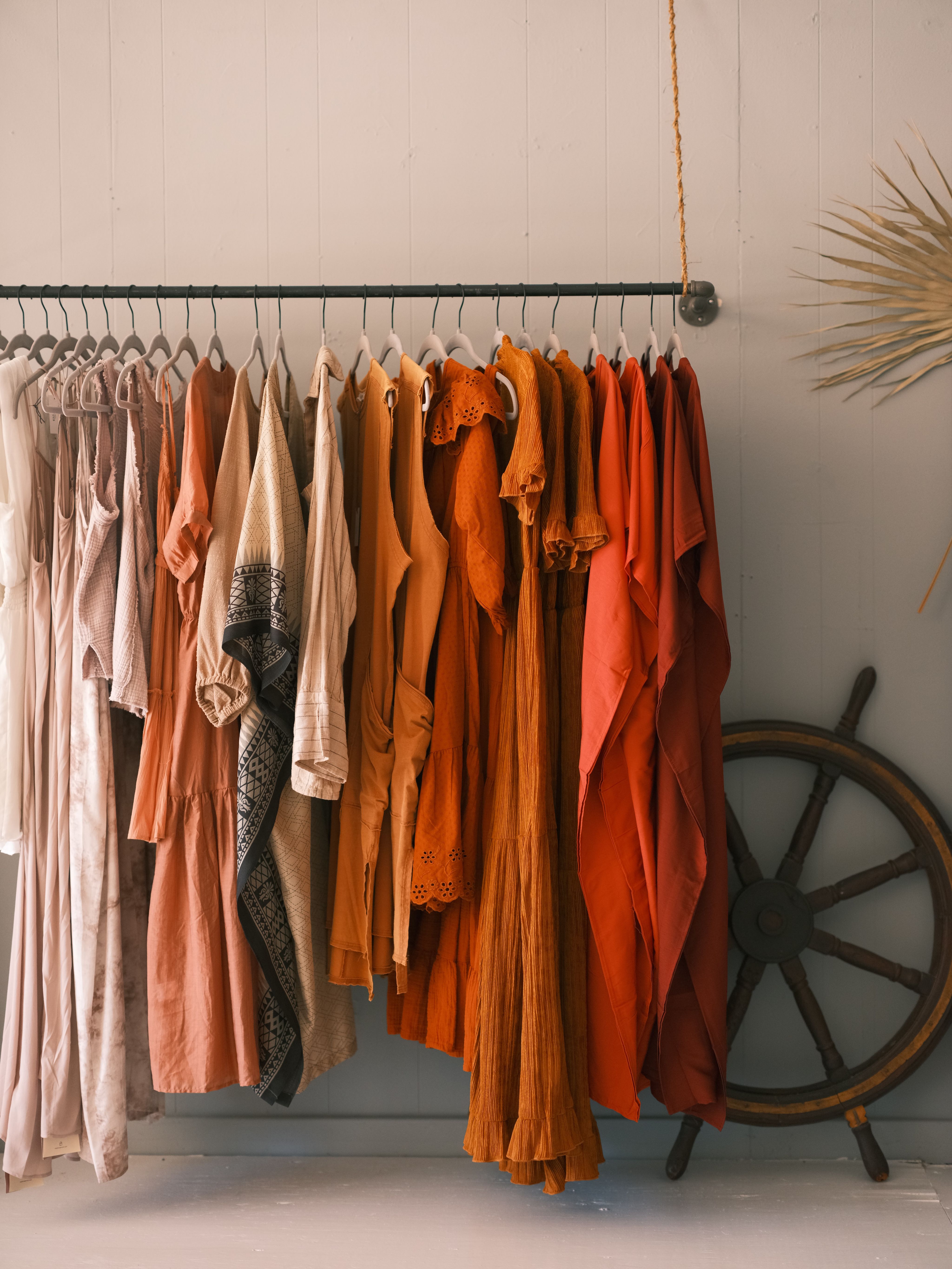
People often used to turn their nose up if they heard someone buying second-hand clothes or going to a charity shop because it was seen as if someone had less money and couldn't afford high street and high-end fashion. But why does second hand clothing have this stigma? Walking into a charity shop, buying 'dirty clothes' for little to nothing money was almost shunned upon, but now suddenly the new term of 'pre-loved' fashion has made everyone fall in love with the idea.
Pre-loved fashion has moved from niche to mainstream since retailers like Ebay and PrettyLittleThing have picked up the trend which everyone is starting to love. The Gen Z are huge fans of pre-loved fashion whether it be for the reasons of saving the planet, trying something new or to save money. However, it is questionable as to whether the new pre-loved fashion concept is just a trend or whether it is here to stay.
There are a multitude of apps and websites for consumers to buy and sell clothes second-hand nowadays, making it a lot easier than walking into the classic charity shop down the high street, which could be the cause of the stigma around second-hand shopping to be eliminated.
Vinted, Depop and Thrift are among the many sites which let consumers buy and sell clothes they no longer want or need.
I spoke to Natacha Blanchard, the Consumer Lead at Vinted, who explained over the past few years, the resale market has grown with a much larger adoption of second-hand shopping. She said: "We've seen consumer behaviour generally change in favour of second-hand shopping since Vinted launched in 2008.
"We know that it's partially because of the rise in awareness of environmental issues, but also because second-hand can be both a more practical and financially beneficial option.
"Although the stigma has improved and second-hand fashion is becoming more popular, Natacha said: "There is still some way to close the gap between first-hand and second-hand fashion becoming more mainstream."
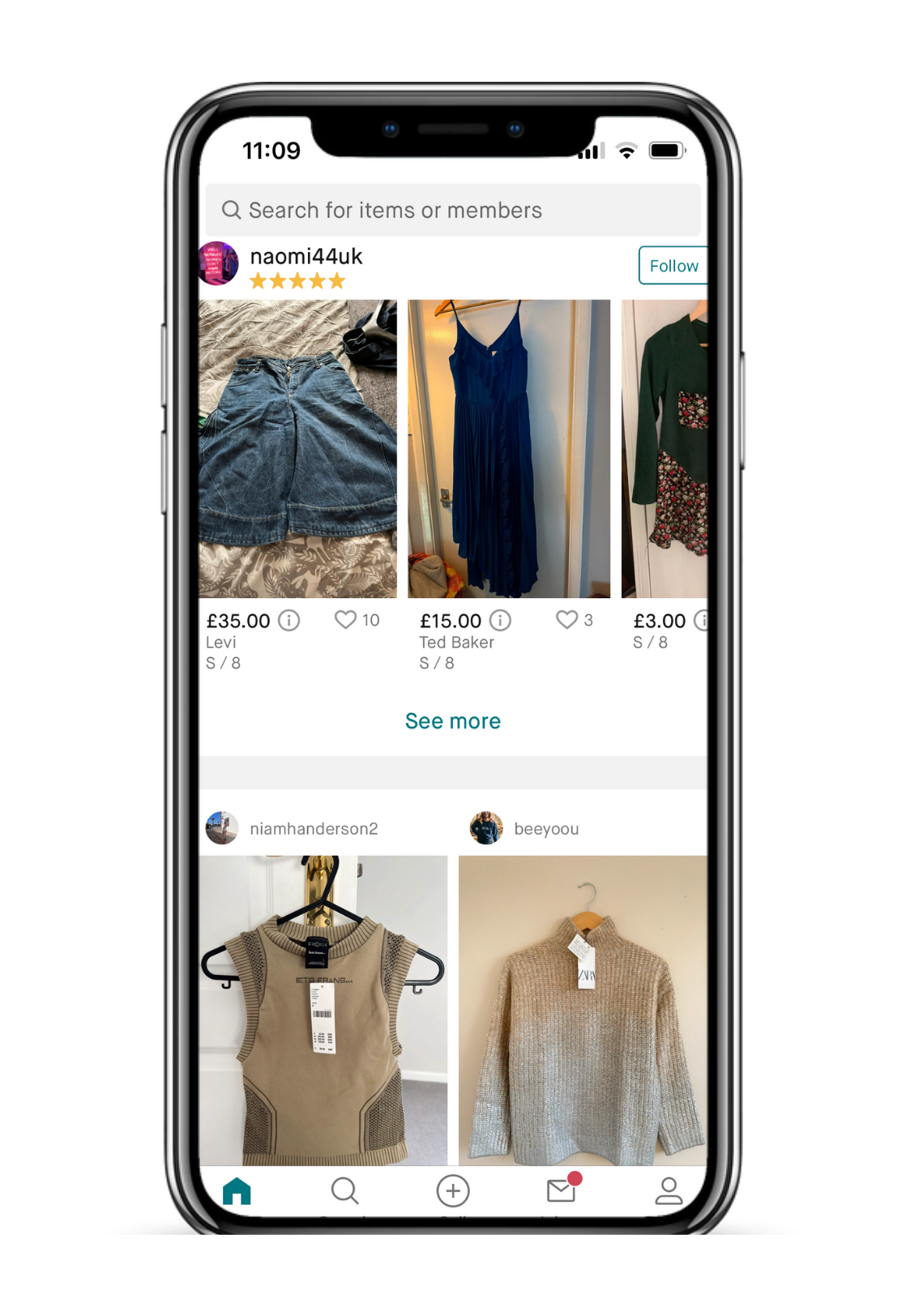
PRE-LOVED: What shopping on the Vinted App looks like
PRE-LOVED: What shopping on the Vinted App looks like
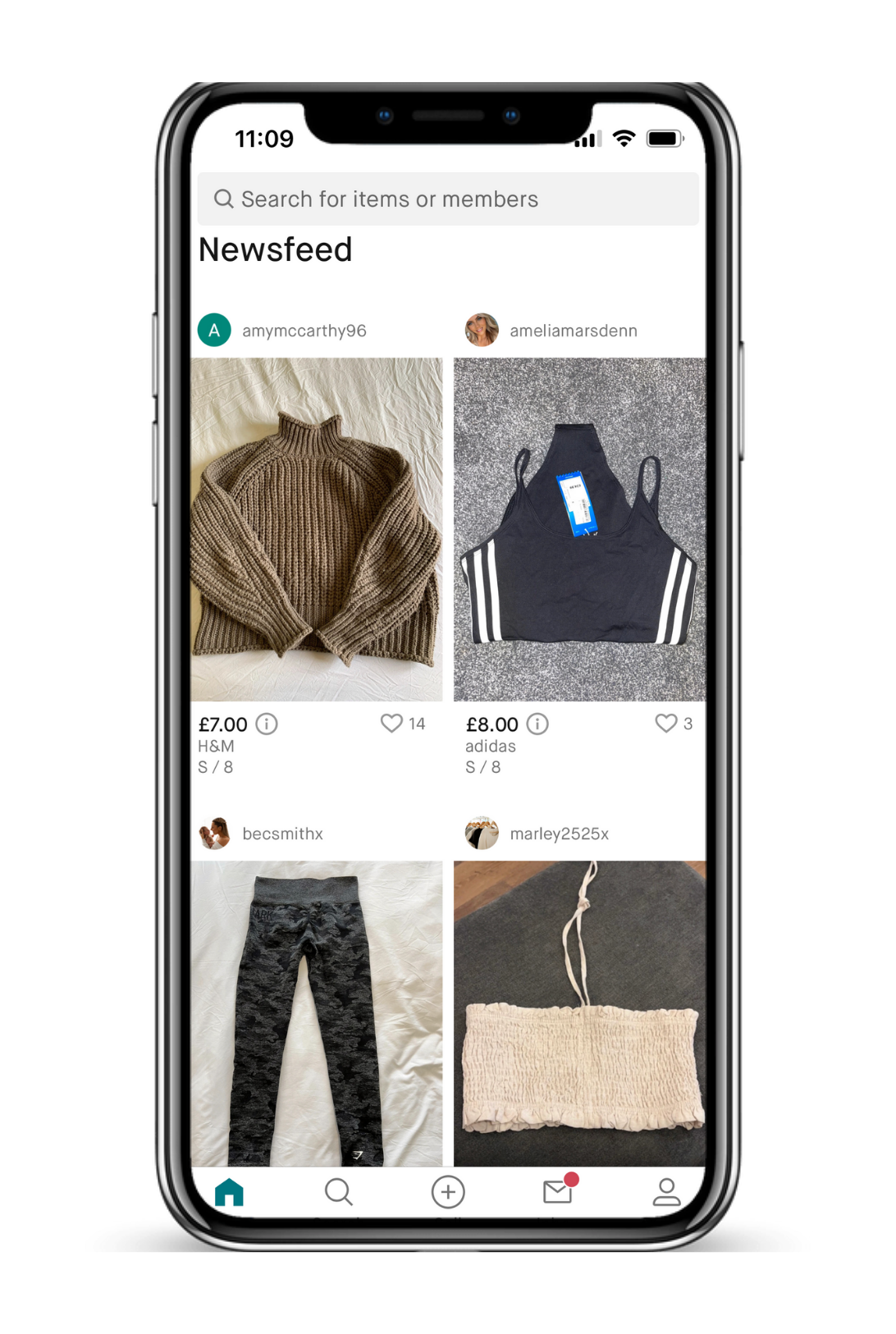
PRE-LOVED: What shopping on the Vinted App looks like
PRE-LOVED: What shopping on the Vinted App looks like
Depop is another popular app amongst the Gen Z shoppers. The site collaborates with brands like Adidas, Ganni and Ralph Lauren to reach and excite new audiences. As well as being a marketplace, it offers an ecosystem of fashion trends and inspiration for pre-loved clothing.
According to Depop, they believe that even though trends within the pre-loved space may come and go. The world is moving towards a more eco-conscious, sustainable way of thinking that is dominating long into the future. A spokesperson at Depop said: "Good-quality, well-made items are always a good bet for maintaining their value on the resale market, over cheaply made fast fashion items which are inherently less durable."
Depop recognises that 90% of their users are under the age of 26 and so aims to make second hand and circular fashion as accessible and desirable for many people as possible. It has become suddenly increasingly popular to buy pre-loved clothing for a more sustainable lifestyle in order to reduce consumption in our wardrobes.
But why are people more interested in second-hand shopping now? Depop said: "The cost-of-living crisis is impacting shopping habits across the nation, with many of us having less disposable income to spend on replenishing our wardrobe. Shopping vintage and pre-loved makes it a great way to source timeless pieces at lower costs without scrimping on quality."
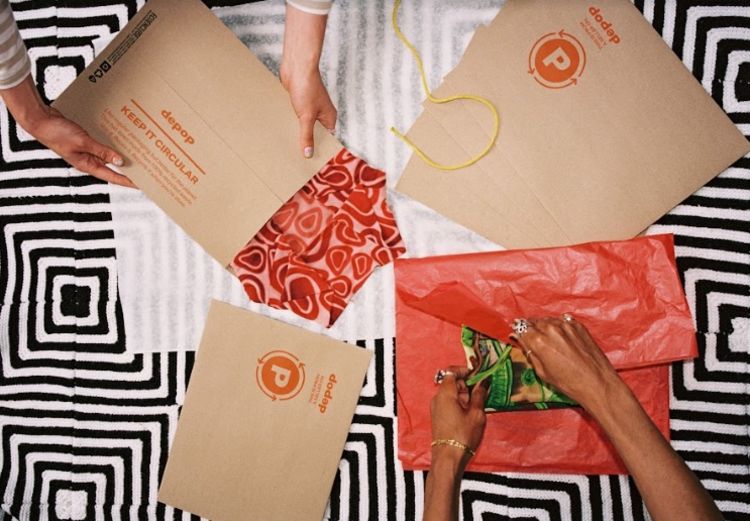
Meet Chidera. Influencer, model and avid pre-loved fashion shopper.
Chidera often buys, sells and uses clothes on apps like Thrift, Depop and Vinted.
Chidera first started shopping second-hand for the environment after she realised she had far too many fast fashion pieces in her wardrobe during lockdown in the pandemic.
Chidera tries to model for brands that support sustainable fashion. She models for a brand called 'Tay Du' which hand makes corsets. She said: "The clothing is well made, sustainable and timeless pieces that you can wear over and over again."
Having started out not liking charity shops, Chidera, 23, is now a keen customer on Thrift and focuses on buying sustainable items for her wardrobe from charity shops now too.
She said: "I'd say pretty much most of the time I mainly online Thrift or charity shop, most of my wardrobe now is pre-loved.
"Depending on your size and proportion, it's sometimes hard to find things that fit you which are second hand. I do tend to buy a few things from fast fashion shops if I can't find it sustainably as I'm not always able to find things that fit me.
"I think second-hand shopping does have a negative connotation attached to it because it has the stigma of you can't afford anything nice.
"Most people will think pre-loved fashion is a trend because right now it's the cool thing to do, to go charity shopping and buy and sell items on clothing sites like Thrift.
"When Love Island made Ebay as their ambassador, I thought it was a cool thing to do, especially when you saw more personality through their outfits.
"I think a lot of people do tend to shop fast fashion for the trend and for being able to express themselves through the outfits, but Love Island just showed when you do shop second hand, you can still find outfits that represent you as a person.
"There are certain influencers who do promote second hand fashion but it's not a huge market."
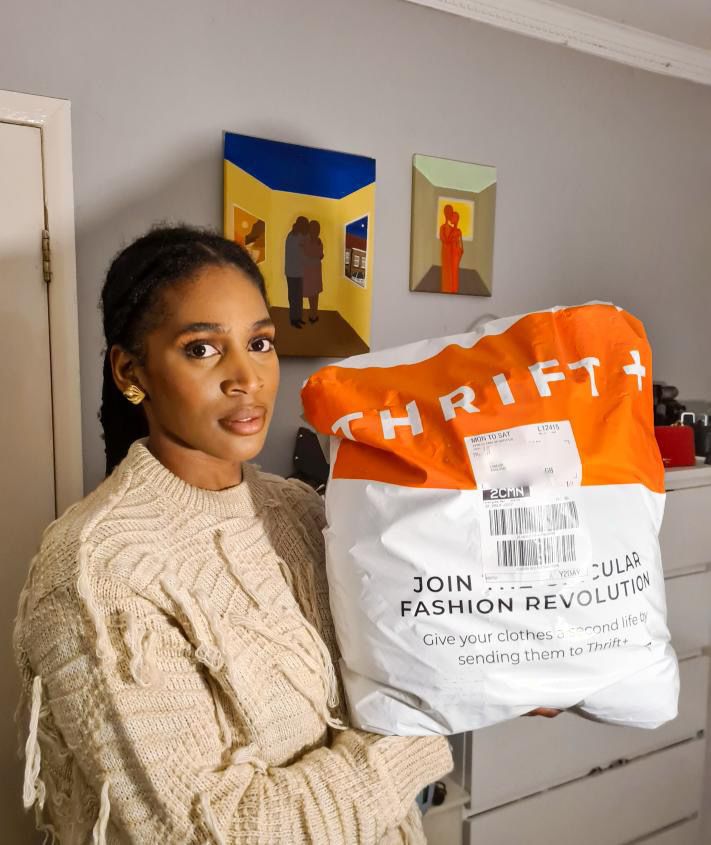
THRIFT: Chidera holding her package of pre-loved clothes she bought from Thrift
THRIFT: Chidera holding her package of pre-loved clothes she bought from Thrift

THRIFT: Chidera holding her package of pre-loved clothes she bought from Thrift
THRIFT: Chidera holding her package of pre-loved clothes she bought from Thrift
With new trends evolving every spring, summer, autumn and winter, there is no doubt our consumption of clothes is increasing.
With our annual winter/ summer wardrobe clear out’s, it might not seem an issue getting rid of a few clothes here and there, but it all contributes to textile waste which has become a huge problem over the years.
The fashion industry already accounts for up to 10% of global greenhouse gas emissions and so if consumers aren’t disposing of unwanted clothes correctly, we will continue to harm our planet.
It is estimated that 30% of unwanted clothing in the UK end up littering landfills, some of which are brand new, just ‘out of fashion’.
Fast fashion brands like PrettyLittleThing, Shein, ASOS and H&M are spending millions on textile materials to just be put into landfills without a thought of care.
According to LabFresh, data found on average, each year people in the UK spend £980.50 on clothing. it found that people own 3kg of clothing a year but 1.7kg of this clothing is thrown in landfills.
Pre Brexit, LabFresh found the UK was the fourth largest producer of textile waste throughout Europe.
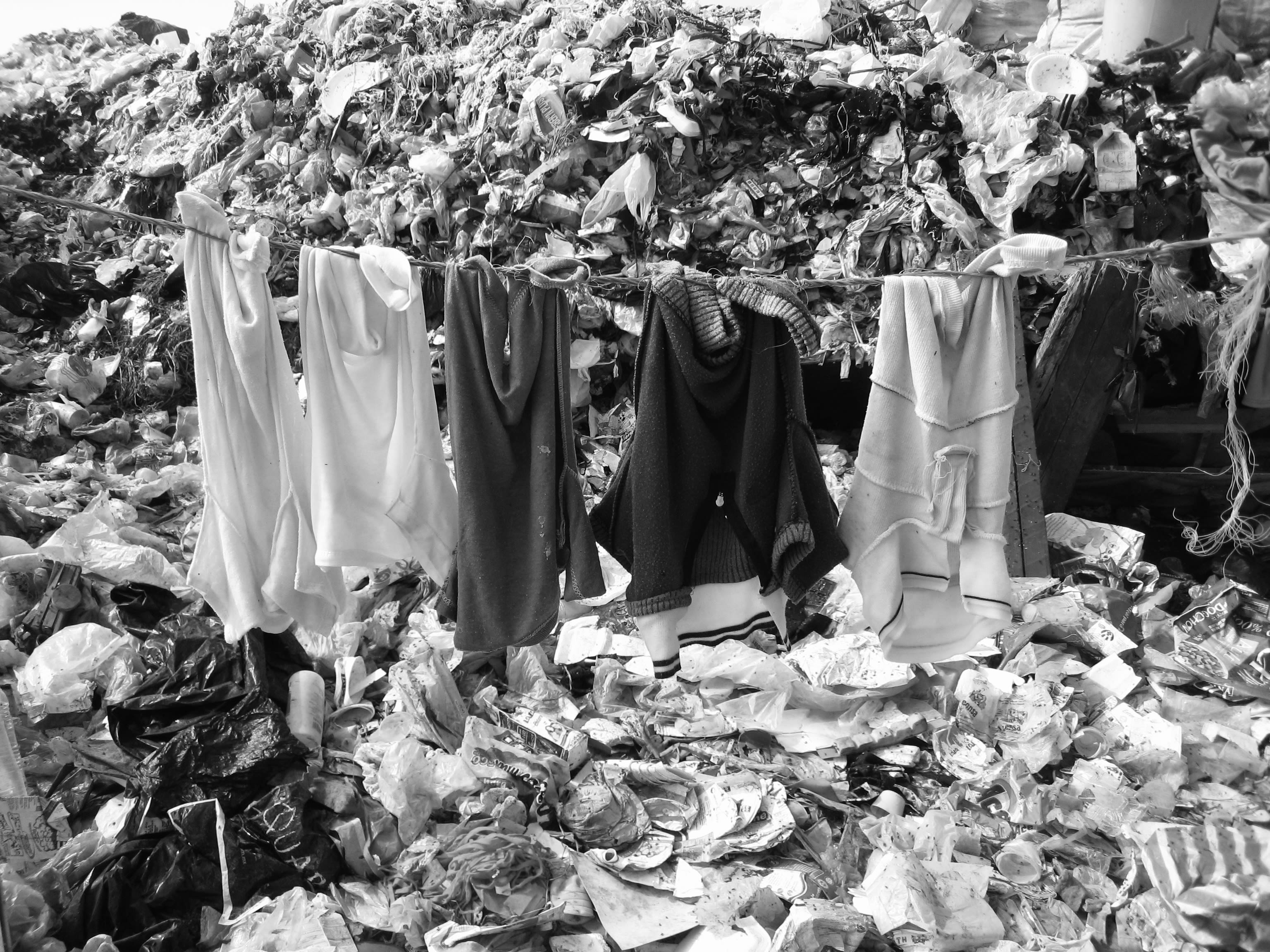
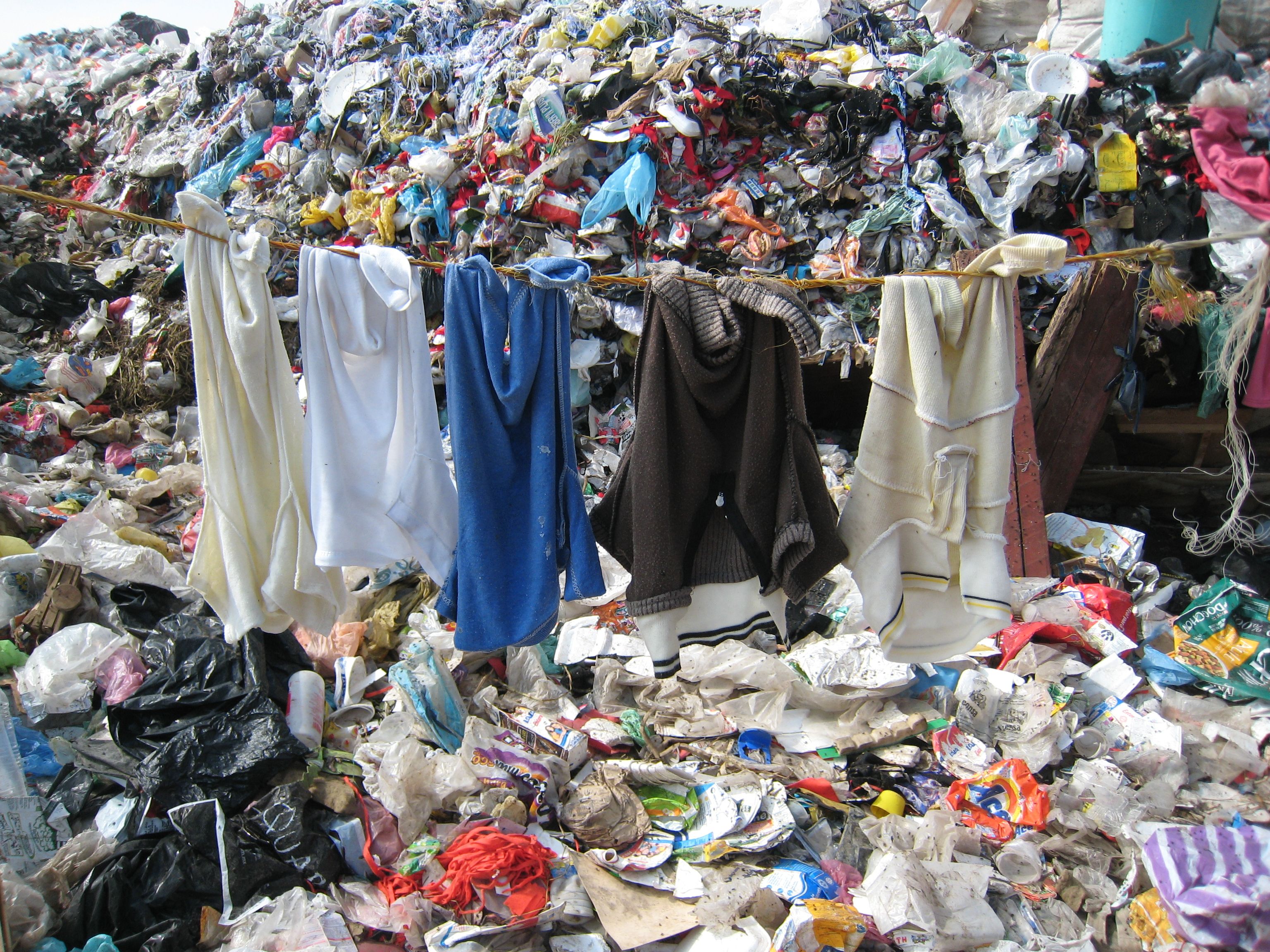
'There is nothing better than walking into a shop, picking up a piece of clothing, seeing what it looks like against you and feeling the quality of the fit', according to pre-loved clothing shop owner, Jenny MacDonald.
Jenny has owned Magic Wardrobe for over 15 years and has loved every second of what she does. Magic Wardrobe in Leigh-on-Sea sells second hand clothing from what the community hands in with brands ranging from PrettyLittleThing, Zara to Hobbs, Reiss and TedBaker. The shop benefits both Jenny's business, Charity and the consumers themselves.
When a piece of item sells in Magic Wardrobe half of the money goes to the business and the other half goes to the original owner of the clothes.
When seasons come to end throughout the year and some clothes haven't been sold, Jenny donates the clothes onto Charity shops to try and be sold else where to save them ending up in landfills.
She said: "I love pre-loved clothing as it recycles everything. Too much stuff goes into landfills and when i'm sorting through peoples things they want to sell, you can get genuine things, that are slightly different too.
"I have shopped pre-loved for years, even before starting my job. The joy of getting something original and getting something one off is great.
"People see more things online now which encourages us to shop second-hand. More magazines are saying to try second-hand shopping as well.
"The pre-loved thing is really kicking off. people don't have an awful lot of money in their pockets so they are coming to me and id like to think they can come and get a whole outfit for £20-£30."
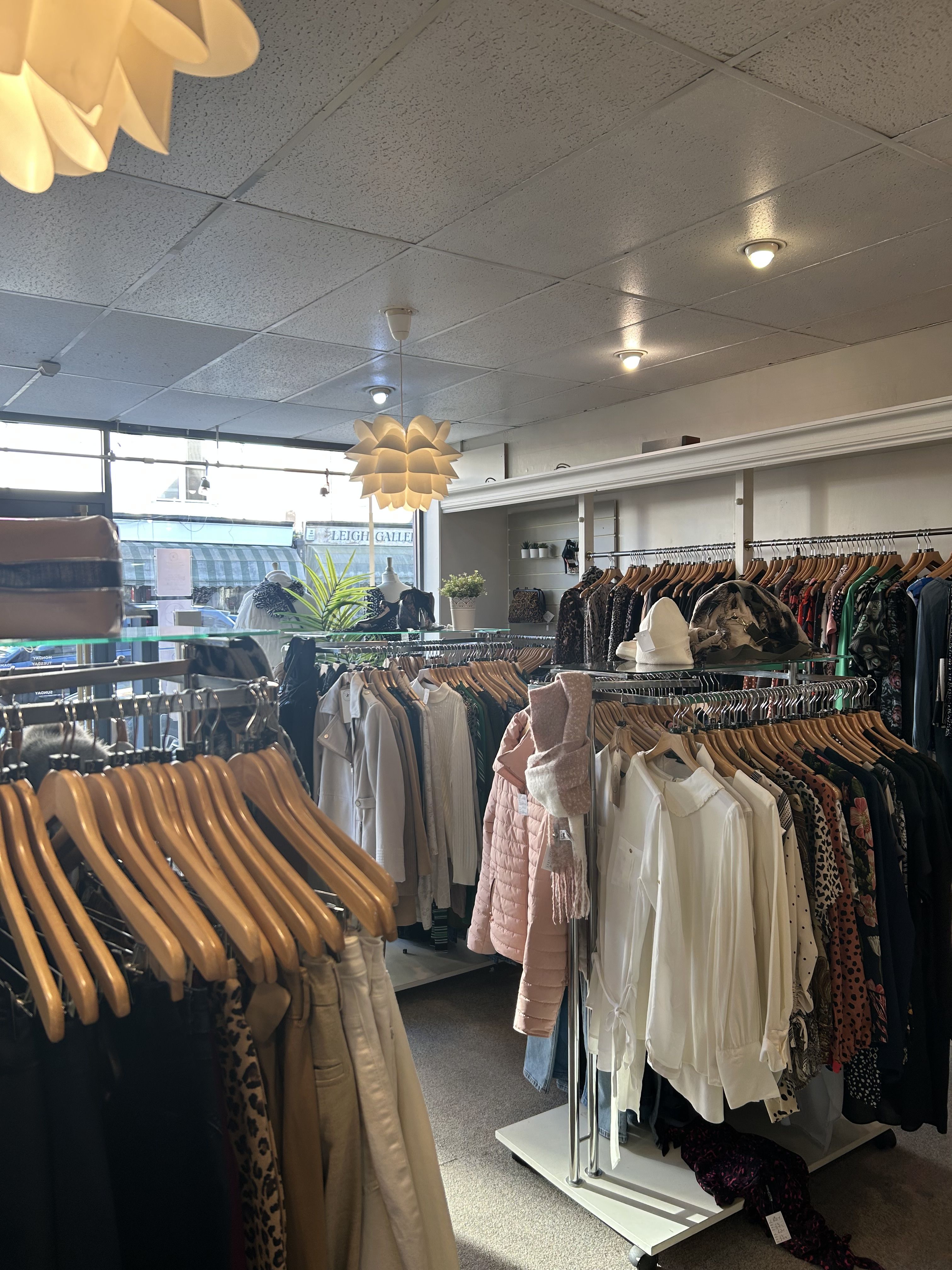
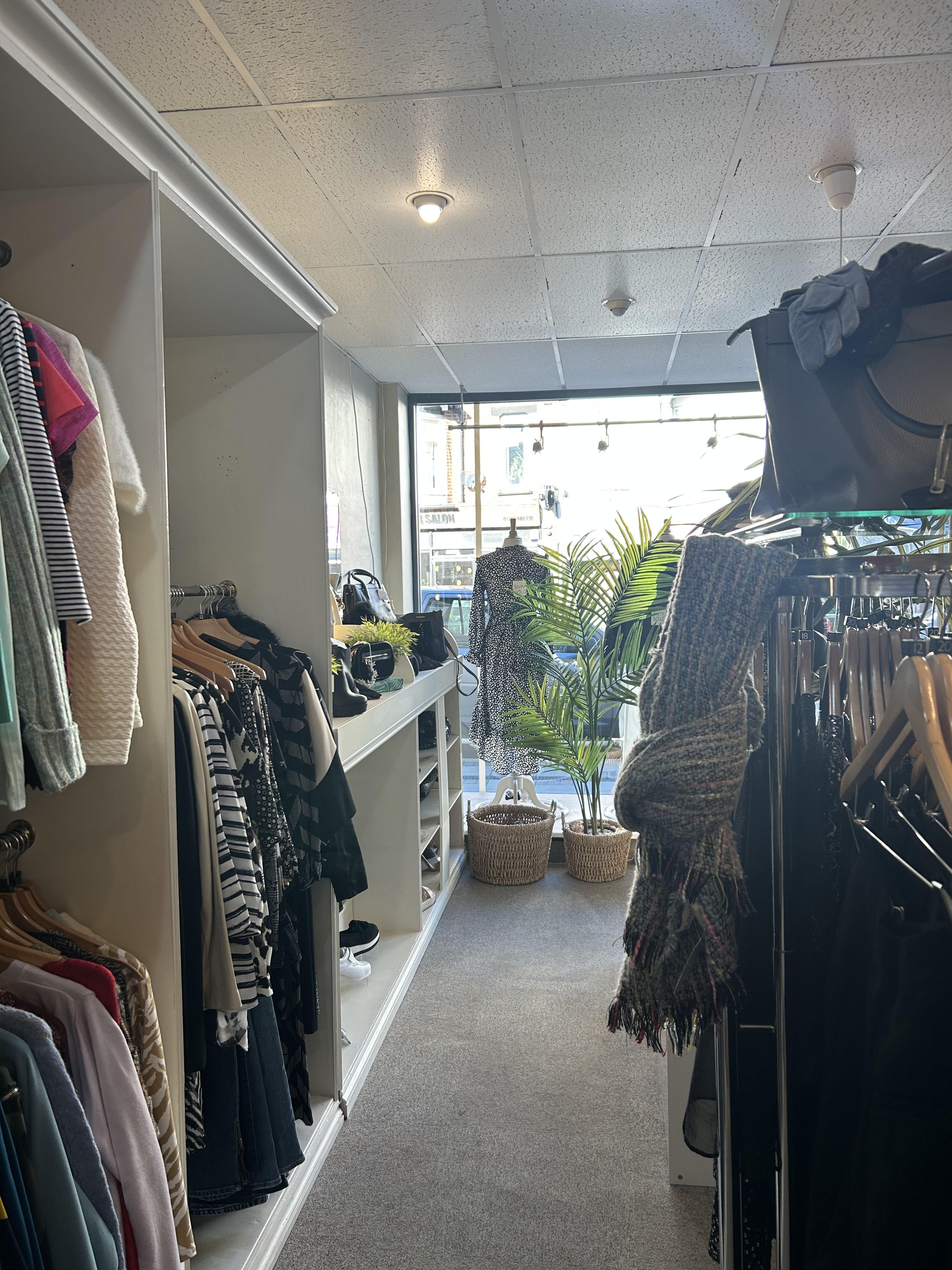
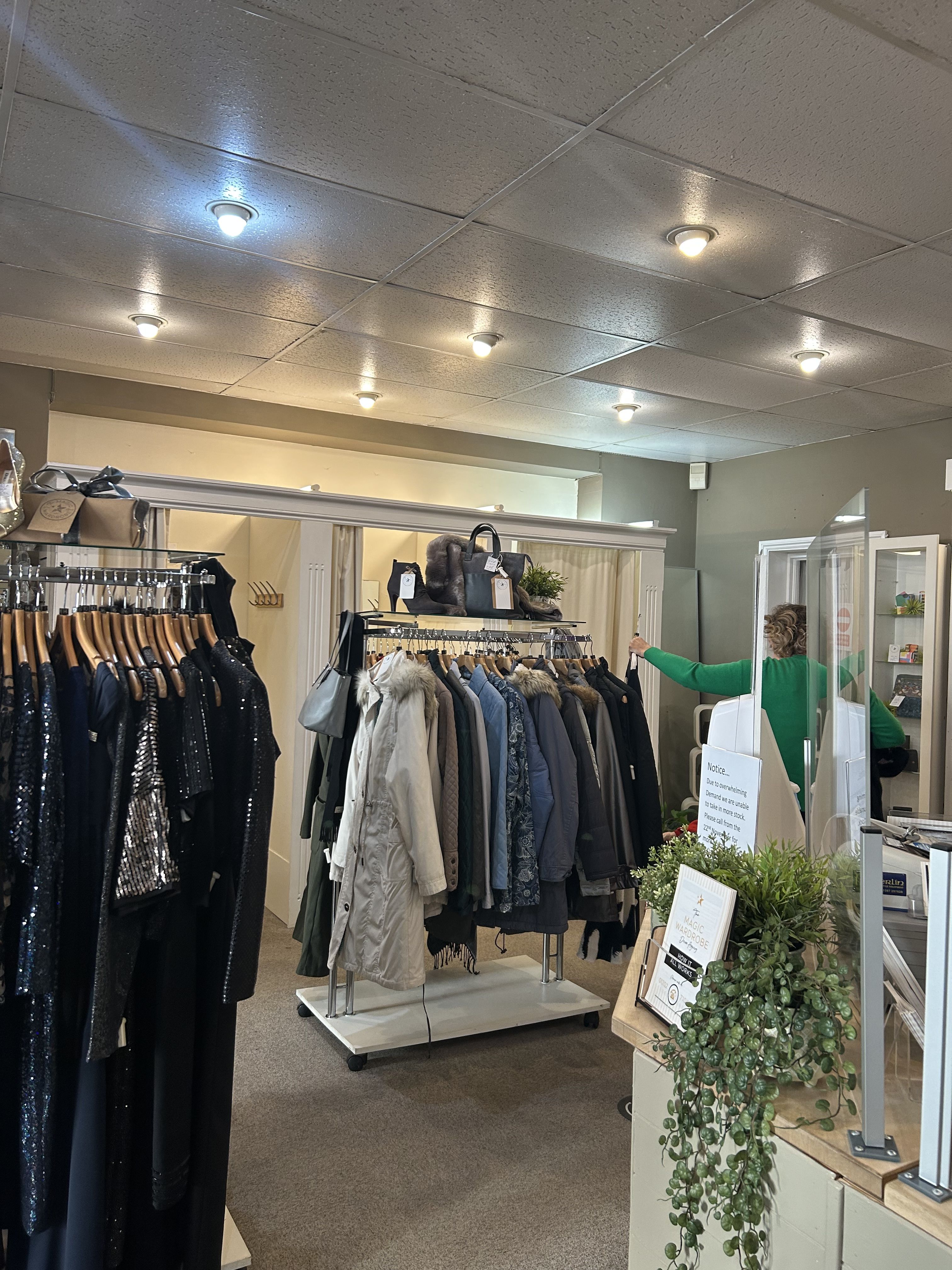
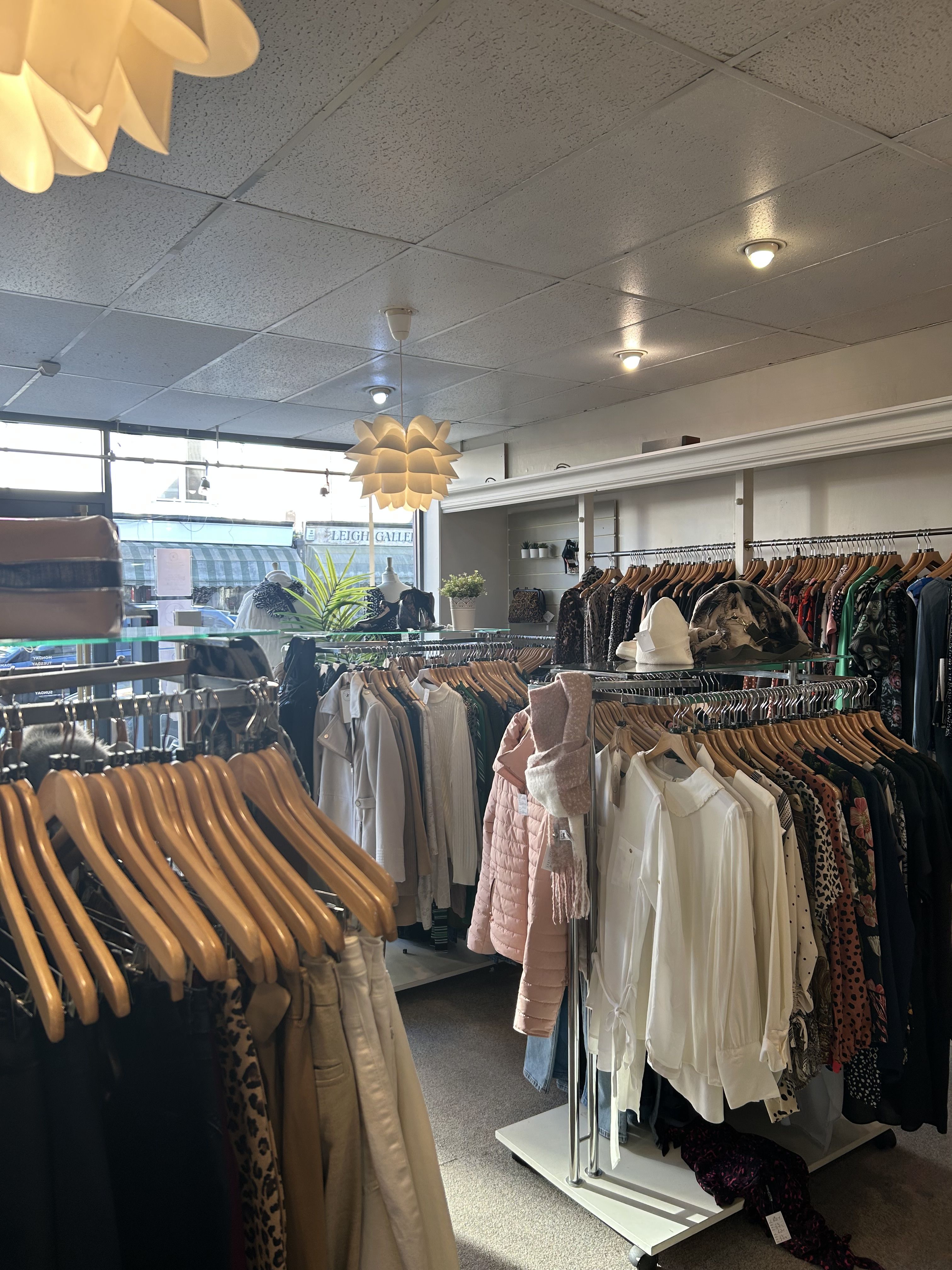



February was the start of PrettyLittleThings resale launch in 2022, just after Love Island's Molly-Mae Hague was announced the UK's PLT Creative Director.
PrettyLittleThing launched a 'PLT Marketplace App' where people can re-sell, re-wear, re-cycle their unwanted clothes. A lot of people are guilty of buying one off pieces for an event and so the app lets people sell their pieces they bought from PLT so nothing is wasted.
In a bid to push sustainable fashion, Ebay collaborated with Love Island in 2022. Previously Love Island had sponsors with fast-fashion brands like Missguided, but this year was a big move in order to push pre-loved clothing.
The conversation for pre-loved fashion is continuing to grow everyday. More people are interested in the idea as it helps the environment, saves money and you can essentially buy more for less.
With the help of influences on instagram, pre-loved fashion has blown up. Ebay made Love Island's Tasha Ghori the first ever Ebay ambassador.
Social media has given influencers the platform to raise the discussion of environmental and ethical harms of the traditional fashion industry. With 1.5M followers, the model is able to tell people pre-loved fashion is something everyone should get on board with, which helps get rid of the stigma that second-hand shopping had before.
So whether pre-loved fashion is here to stay or trend, the popularity has improved massively. Pre-loved clothing shops, online sites and the help from influencers will steer us in the direction of lowering our consumption of textile waste. The old stigma of charity shopping, meaning you don't have any money or own dirty clothes, has got a brand new name of pre-loved shopping. Pre-loved shopping could be here to stay after all.
Image credits:
Chidera Maduansi
Depop
The Donkey Sanctuary on Flickr.com
Women for Women UK
I have contacted PrettyLittleThing, Shein, ASOS and H&M for a comment.
